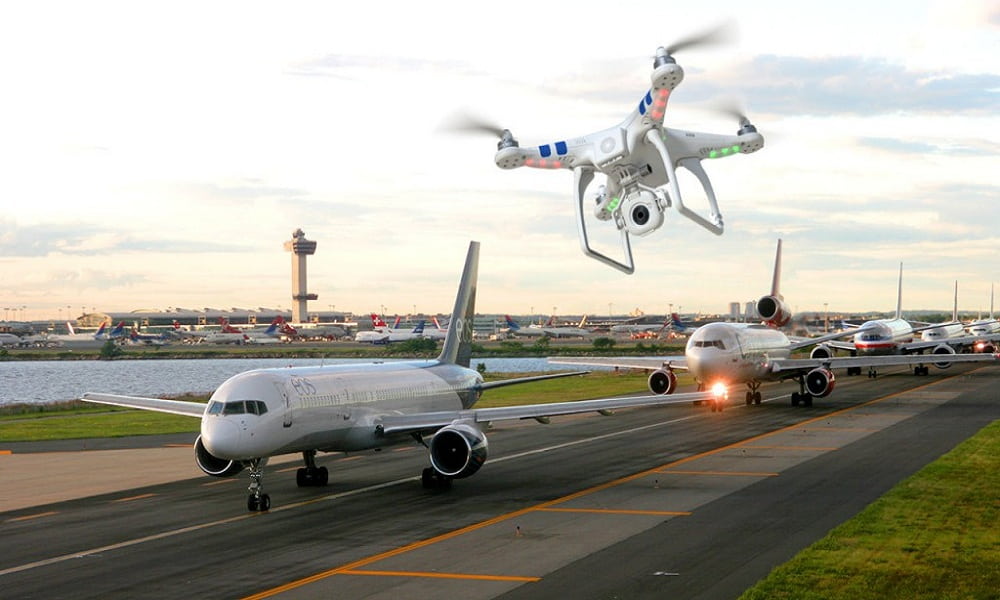Anti-Drone Systems to Be Installed at Major Indian Airports to Counter Security Threats
India to Deploy Advanced Anti-Drone Systems at Major Airports Amid Rising Security Concerns: In response to increasing threats of drone-based attacks near airports and surrounding regions, India is set to install advanced anti-drone systems at key airports across the country, including Delhi’s Indira Gandhi International (IGI) Airport. Following directives from the Union Home Ministry and the Civil Aviation Ministry, the Airports Authority of India (AAI) has accelerated efforts to strengthen airport security through specialized counter-drone technology.
According to sources, major airports such as Delhi and Mumbai already have limited anti-drone capabilities, but the new initiative aims to deploy dedicated, fully equipped anti-drone systems. Authorities are targeting the country’s 10 busiest airports to be completely drone-proof by the end of 2026.
What Will the New System Include?
Airport officials revealed that discussions are underway to finalize the features and specifications of the new systems. Successful anti-drone models used at international airports are also being studied. Once each airport’s requirements are assessed, the procurement and installation process will begin.
What Is an Anti-Drone System?
An anti-drone system acts as a modern digital shield, designed to detect, identify, track, and neutralize unauthorized or hostile drones well before they approach sensitive areas.
The system comprises multiple components:
- Detection Radar: Capable of identifying even small drones from long distances.
- Infrared Cameras: Allow day-night detection and tracking.
- Acoustic Sensors: Capture sound signatures of drone propellers.
- Integrated Software: Merges sensor data to distinguish between drones, birds, or aircraft, continuously updating trajectory, speed, and position.
Once a threat is confirmed, the system can jam the drone’s GPS or remote-control signals, causing it to lose navigation, get disoriented, or be diverted away from the airport.
Current Drone Restrictions in New Delhi
Within a 5-kilometre radius of IGI Airport, drone flying is strictly prohibited, covering runways, terminals, and nearby zones. Beyond this, between 5 and 7 kilometres, lies the Red Zone, where drones may only be operated after receiving approval from the competent authorities.
A notable example occurred when the Agricultural Science Center in Ujwa received a government-provided drone for agricultural research two years ago. However, due to Ujwa’s proximity to the Dhansa radar station near IGI Airport, the drone remained grounded for months. Only after securing permission from AAI were scientists allowed to operate the drone at controlled altitudes.
With the introduction of advanced anti-drone systems, authorities aim to significantly strengthen aviation security and reduce risks posed by unauthorized drone operations near critical airspace.
ALSO READ: Night Skin Care Routine At Home





